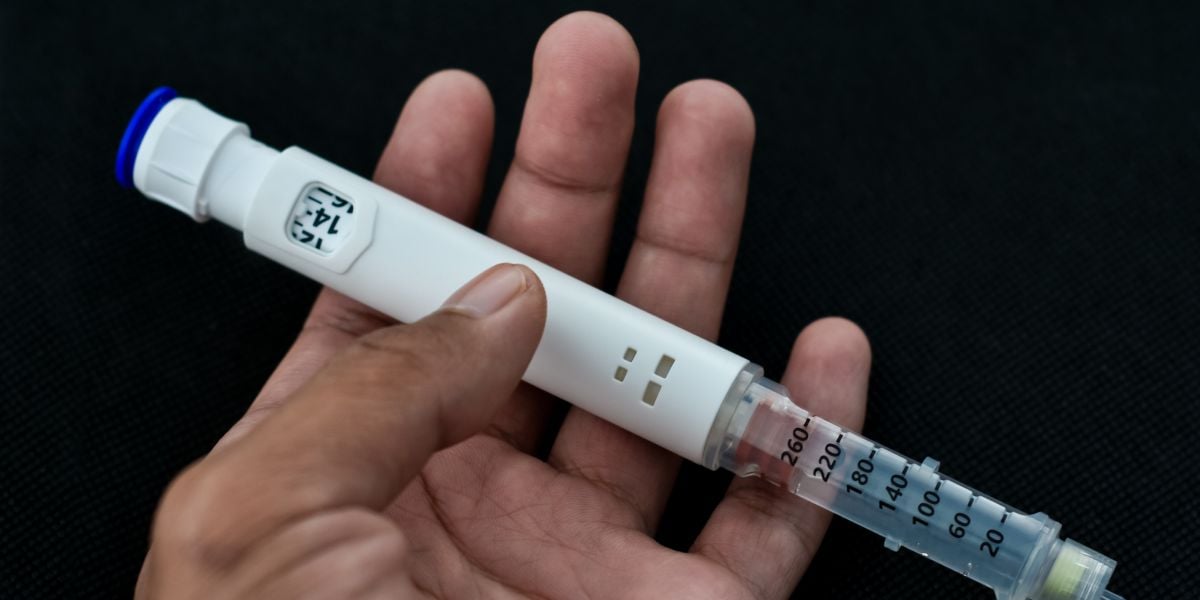The Food and Drug Administration (FDA) has granted approval to Eli Lilly for a new obesity drug, Zepbound, which is set to rival the popular weight loss drug Wegovy.
The approval marks a significant development in addressing the widespread issue of obesity.
Zepbound has demonstrated substantial weight loss, with patients experiencing an average reduction of 18% in body weight during the highest dose trial, surpassing Wegovy’s 15%.
- Mounjaro: new weight loss jab approved in the UK
- Mounjaro may soon be approved by NHS for weight loss
- Wegovy effect: Nestle launching new products for people using semaglutide jabs
The FDA approval encompasses individuals with obesity and those overweight with at least one obesity-related condition.
It’s already approved for diabetes under the name Mounjaro, competing with Novo Nordisk’s Ozempic, tirzepatide’s introduction as Zepbound provides an additional option for those seeking effective weight loss solutions.
Side effects, akin to those associated with Wegovy, Ozempic, and Mounjaro, primarily include gastrointestinal issues like nausea and diarrhoea, which most patients tolerate or overcome.
Administered via self-administered injections weekly, similar to Wegovy, Zepbound could help alleviate shortages.
Competition in the market may lead to reduced prices for both drugs, benefiting patients. While Wegovy’s prices have been notably high, Zepbound enters the market with an initial list price of approximately £1,060, according to Eli Lilly.
The development of Zepbound started in 2017 involving 300 people with type 2 diabetes, demonstrating significant weight loss. Subsequent extensive research involving 2,539 people with obesity revealed unprecedented weight loss results.
- Testosterone replacement therapy can improve blood glucose levels in men with type 2 diabetes
- Tirzepatide: New drug helps people lose almost a fifth of their weight
- Semaglutide: Complete Guide
Eli Lilly’s journey reflects a shift in focus from diabetes to obesity, spurred by the success of a two-molecule combination mimicking GLP-1 and GIP hormones.
Using a similar strategy to the COVID-19 vaccine development, it resulted in Zepbound’s FDA approval in a record six years.
This is just the beginning for Eli Lilly, with ongoing efforts to enhance drug efficacy. Adding glucagon, another gut hormone, to future drugs aims to stimulate metabolism and draw fat out of the liver.
Additionally, the testing of a pill form of tirzepatide is underway, offering a simpler and more accessible alternative to injections.
In the face of the global obesity epidemic, pharmaceutical companies, including Eli Lilly, recognise the need for oral drugs to address the projected billion people with obesity by 2030. Dr Daniel Skovronsky, Chief Scientific and Medical Officer at Eli Lilly, emphasizes the importance of developing oral drugs to meet the escalating global demand.




